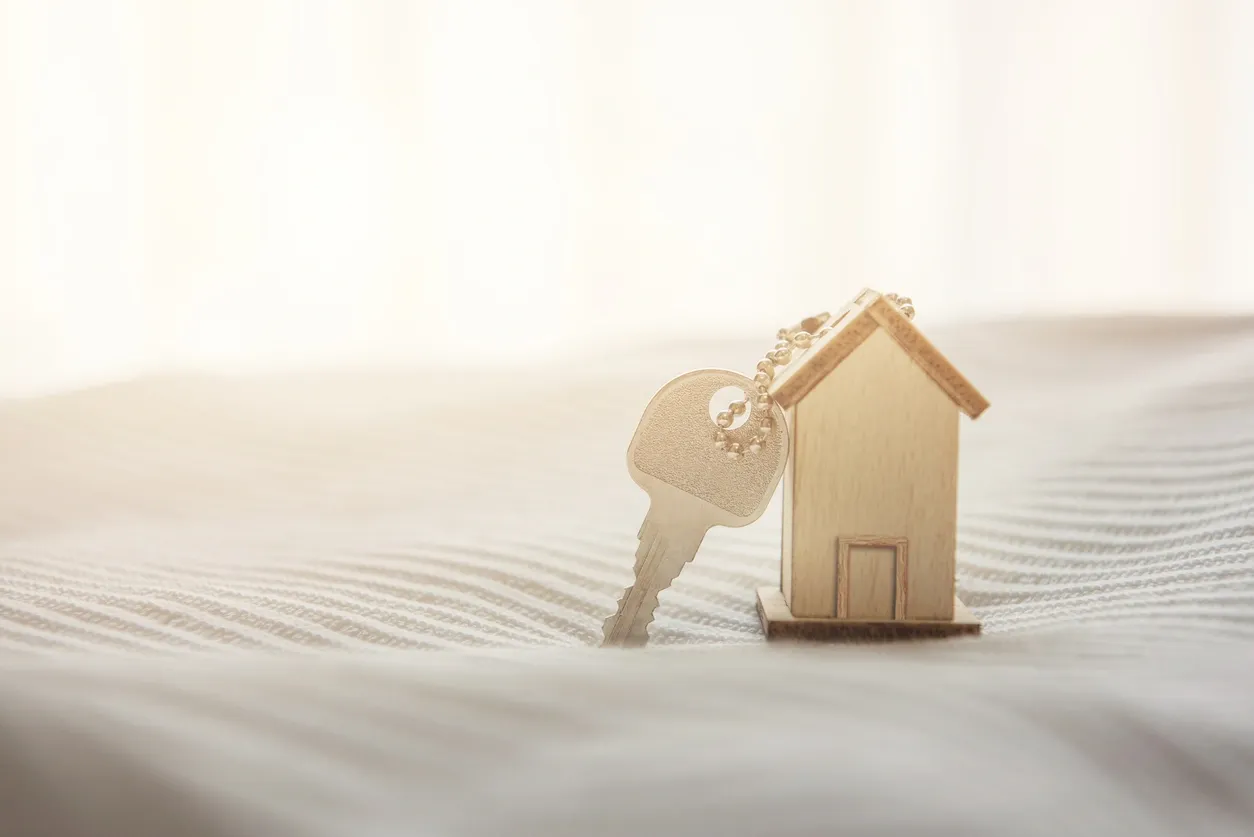Housing Disrepair – landlord’s responsibilities
From a statutory point of view, under section 11 of the Landlord and Tenant Act 1985, the landlord is under a duty to keep in repair things such as :
- Exterior and structure of the house – this can include any pipes, walls, the roof, drains, windows and external doors
- Any utilities fixtures, for example fitted heaters, boilers, gas meters, water and gas pipes, water tanks and electrical wirings
- Basins, sinks, toilets and any pipes connected to them
The landlord can be held accountable for any of these, as there is no way for them to escape these responsibilities, despite the fact that the tenancy agreement may state otherwise. The landlord should not under any circumstances place the burden of any relevant costs on the tenant. They also must deal with any disrepairs within a reasonable timescale, depending on the severity of the disrepair.
Sometimes, the tenancy agreement might contain clauses which state that the landlord will be responsible for repairs in relation to any faulty appliances such as fridge or washing machine. The tenant must ensure they are aware of any such clauses.
Health and safety responsibilities include things such as mould, damp, pests infestation, gas safety, fire safety and the landlord has a responsibility to take action as needed.
For tenancies that began on or after the 15th of January 1989, these responsibilities also extend to any common parts of a building such as entrance halls, stairs and lifts.
My social landlord ignores my complaints, what can I do?
Before anything, it is worth having a formal discussion with the landlord about why they are ignoring the complaints. The tenant should ensure they take notes of everything being discussed. If that has no success, there are ways in which a tenant can get the landlord’s attention :
- Making a formal complaint by way of writing a letter to the landlord; include any issues there are, any action expected from the landlord and all the proof of communication between tenant and landlord
- Complain to the council by writing them a letter outlining the issues at hand and any attempts to contact the landlord in relation to these issues
Our service:
NO WIN NO FEE
If you live in a rented property where there are cracks, damp, mould or leaks which have caused you to suffer or has exacerbated any health issues or have caused damage on the property, then you could be entitled to compensation. Our specialist solicitor will guide you through what is needed to file a claim and advise you on what would be included when it comes to out of pocket expenses. This could include:·
- General damages
- Travel Expenses
- Medical expenses that are not covered by the NHS
- Loss of earnings
- Loss of anticipated earnings
- Care claim

